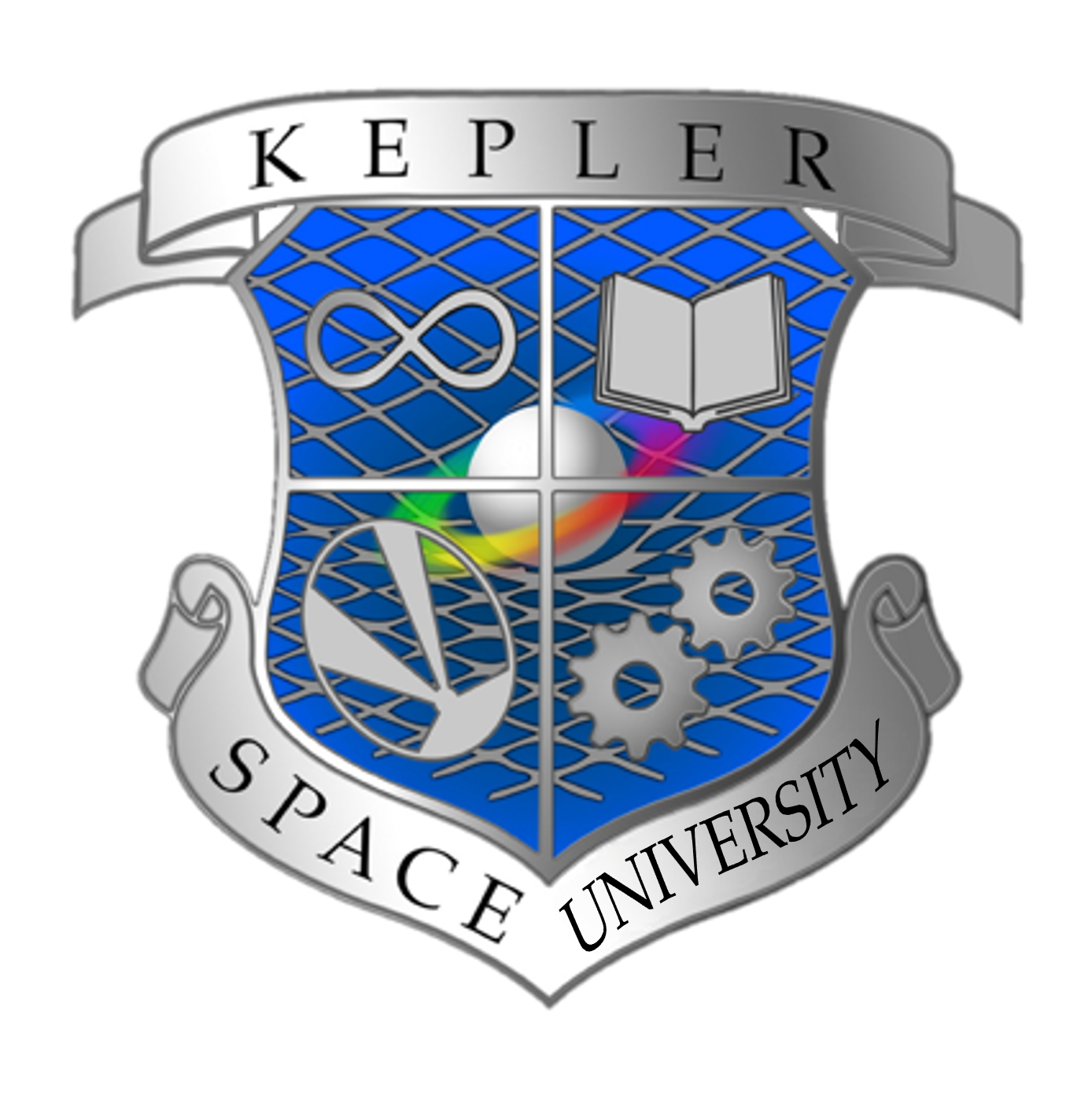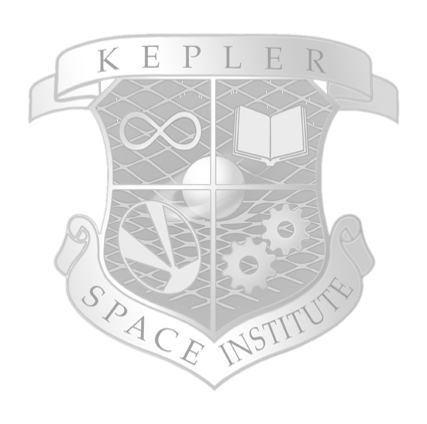SCIENCE OF LAWS FOR SPACE DEVELOPMENT
BY DR. DAVID SCHRUNKUPCOMING
SESSIONS
ABOUT THIS COURSE

SCIENCE OF LAWS FOR SPACE DEVELOPMENT
The Spacefaring Age, defined as the expansion of humankind on to the space frontier, promises significant benefits and advances to the human condition. The course will focus on the The Spacefaring Age, the “Planet Moon Project,” the parameters that define laws, lawmaking, and systems of governance, and an introduction to the concept of the science of laws.
The space course explores the relevance of government to space exploration and settlement, tracing the evolution of government, laws, and lawmaking. Participants will delve into the purpose and categories of government, examining the laws of government, the rule of law, and the parameters contributing to human flourishing. The curriculum further covers the development, methodologies, and purpose of science and engineering, exploring traditional lawmaking and the reasons for the failure of laws. Additionally, the concept of the science of laws and its application to space settlements will be discussed. Class project assignments will be presented and discussed as part of the course requirements.
WHAT YOU’LL LEARN
SYLLABUS
This 6-week space course will be offered online once a week for two consecutive hours. Participants will explore the dynamic relationship between governance, laws, and human space exploration. Each session will investigate key aspects, beginning with the significance of government in space endeavors and progressing to the foundations of legal structures, the role of science and engineering, and advanced concepts in the science of laws. In the final weeks, participants will delve into the intricacies of space settlement and strategies for human flourishing beyond Earth. The course culminates in engaging class project presentations, allowing participants to showcase their understanding. Throughout, assessments include active participation and project completion, ensuring a comprehensive grasp of how governance and laws shape the future of space exploration.
Introduction and Definitions
Module 1
Government and Laws
Module 2
Science and Engineering
Module 3
Traditional Lawmaking
Module 4
Scientific Lawmaking
Module 5
Readings for the Course:
Ancillary reading: 1) The Great Ideas – Syntopicon Chapters on aristocracy, citizen, constitution, democracy, dialectic, government, justice, knowledge, law, liberty, mechanics, monarchy, philosophy, progress, reasoning, rhetoric, science, slavery, truth, tyranny, war and peace, wealth, and wisdom. 2) Machiavelli, “The Prince,” Marx, “Communist Manifesto,” J.S. Mill, “On Liberty and Utilitarianism,” and Locke, “Two Treatises of Government”
INSTRUCTOR
David G. Schrunk, MD is an aerospace engineer and medical doctor with board certifications in the medical specialties of nuclear medicine and diagnostic radiology. Dr. Schrunk served two years in the United States Army as a flight surgeon / investigator at the US Army Aeromedical Research Unit and for one year as a flight surgeon / investigator with McDonnell Douglas Astronautics. He practiced medicine for twenty years as a partner in the Valley Radiology Medical Group in Escondido, California, and served as the radiation safety office for the San Diego North County Hospital District. He has authored numerous papers and presentations on scientific and law topics related to the exploration and development of the Moon and is the lead co-author of the book, “The Moon: Resources, Future Development, and Colonization,” published by Wiley-Praxis in 1999; a second edition was released in 2007. In 1995, Dr. Schrunk founded the Science of Laws Institute, whose purpose is to expand science to encompass laws of government and the lawmaking process. In 2005, he authored the book, “THE END OF CHAOS: Quality Laws and the Ascendancy of Democracy,” which describes the rationale for developing the science of laws. Dr. Schrunk is a professor with the Kepler Space Institute and a member of the board of directors of the International Lunar Observatory Association (ILOA). His affiliations also include the Association for the Advancement of Science (AAAS), the American Institute of Aeronautics and Astronautics (AIAA), and the National Space Society (NSS). Dr. Schrunk and his wife reside in Poway, California.

Dr. David Schrunk
International Lunar Observatory Association, Association for the Advancement of Science, American Institute of Aeronautics and Astronautics, Kepler Space University
WAYS TO ENROLL
Science of Laws for Space Development
The Spacefaring Age, defined as the expansion of humankind on to the space frontier, promises significant benefits and advances to the human condition. The course will focus on the The Spacefaring Age, the “Planet Moon Project,” the parameters that define laws, lawmaking, and systems of governance, and an introduction to the concept of the science of laws.

